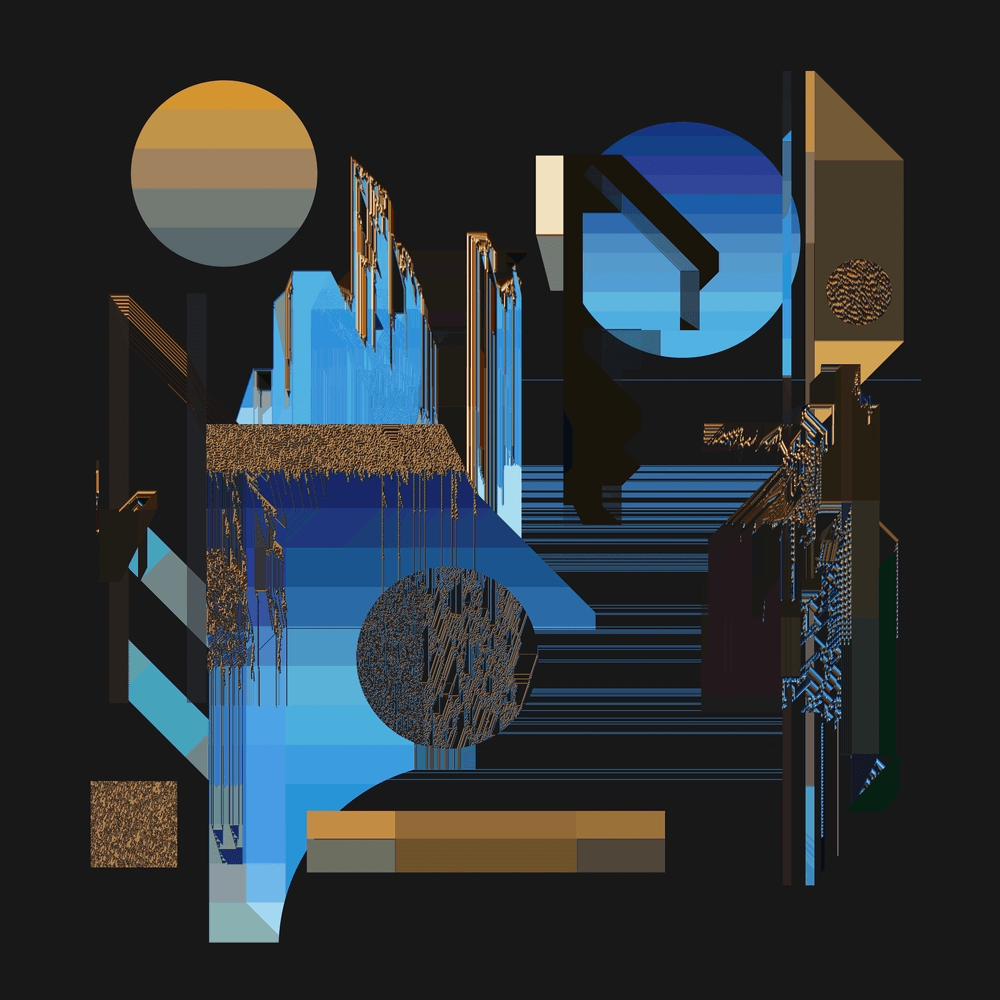

"Yet each man kills the thing he loves…"
This is the crucial line from Oscar Wilde’s Ballad of Reading Gaol. If you’ve never happened to read I, and only really know of Wilde from his novels or plays or reputation, this poem is a stark departure. It recounts his time in prison crossing paths with a prisoner that had murdered his wife and was eventually hanged.
Why would anyone want to kill the thing they love? Why does this verse strike us and immediately we think to ourselves, "yes - this is true. It’s sad and paradoxical, but it feels true."
Surely we don’t all kill our loved ones, we don’t all kill our pets or neighbors or destroy the results of passionate labor. Each man (in the colloquial sense - each person), however, I think, feels deep inside some inner sense of betrayal. Some inner sense that they’ve not been consistent with how they ought to be, and that their deepest and truest love is that idea of what they should have been. Maybe this is a projection.
Maybe Wilde was just being direct and not reflective in a way and he meant it almost exactly as it is on the page: men kill what they love by spoiling it, developing contempt for it, simply and inexplicably doing it, maybe even murdering. Why? Looking for a reason why would maybe make some kind of explicable framework for what just seems like a tragic fact: we (and maybe he really does mean men specifically) kill what we love.
"I never saw a man who looked With such a wistful eye Upon that little tent of blue Which prisoners call the sky…"
The blues in this composition are the tents, the darkness surrounds it. Rigor and order are broken up by branching corruptions, but why? Each man kills the thing he loves - what a gloomy mantra that makes no sense of why we are that way and yet tempts us to repeat it until our own execution.
On MakersPlace, users can create, discover, sell, and collect truly unique and authentic digital art. The team is passionate about the way blockchain technology is transforming our understanding of digital ownership and champions creativity in the growing crypto art community. Trade all MakersPlace NFTs right here on OpenSea.
dissertation_02
- PriceUSD PriceQuantityExpirationFrom
- PriceUSD PriceQuantityFloor DifferenceExpirationFrom
dissertation_02

- PriceUSD PriceQuantityExpirationFrom
- PriceUSD PriceQuantityFloor DifferenceExpirationFrom
"Yet each man kills the thing he loves…"
This is the crucial line from Oscar Wilde’s Ballad of Reading Gaol. If you’ve never happened to read I, and only really know of Wilde from his novels or plays or reputation, this poem is a stark departure. It recounts his time in prison crossing paths with a prisoner that had murdered his wife and was eventually hanged.
Why would anyone want to kill the thing they love? Why does this verse strike us and immediately we think to ourselves, "yes - this is true. It’s sad and paradoxical, but it feels true."
Surely we don’t all kill our loved ones, we don’t all kill our pets or neighbors or destroy the results of passionate labor. Each man (in the colloquial sense - each person), however, I think, feels deep inside some inner sense of betrayal. Some inner sense that they’ve not been consistent with how they ought to be, and that their deepest and truest love is that idea of what they should have been. Maybe this is a projection.
Maybe Wilde was just being direct and not reflective in a way and he meant it almost exactly as it is on the page: men kill what they love by spoiling it, developing contempt for it, simply and inexplicably doing it, maybe even murdering. Why? Looking for a reason why would maybe make some kind of explicable framework for what just seems like a tragic fact: we (and maybe he really does mean men specifically) kill what we love.
"I never saw a man who looked With such a wistful eye Upon that little tent of blue Which prisoners call the sky…"
The blues in this composition are the tents, the darkness surrounds it. Rigor and order are broken up by branching corruptions, but why? Each man kills the thing he loves - what a gloomy mantra that makes no sense of why we are that way and yet tempts us to repeat it until our own execution.
On MakersPlace, users can create, discover, sell, and collect truly unique and authentic digital art. The team is passionate about the way blockchain technology is transforming our understanding of digital ownership and champions creativity in the growing crypto art community. Trade all MakersPlace NFTs right here on OpenSea.